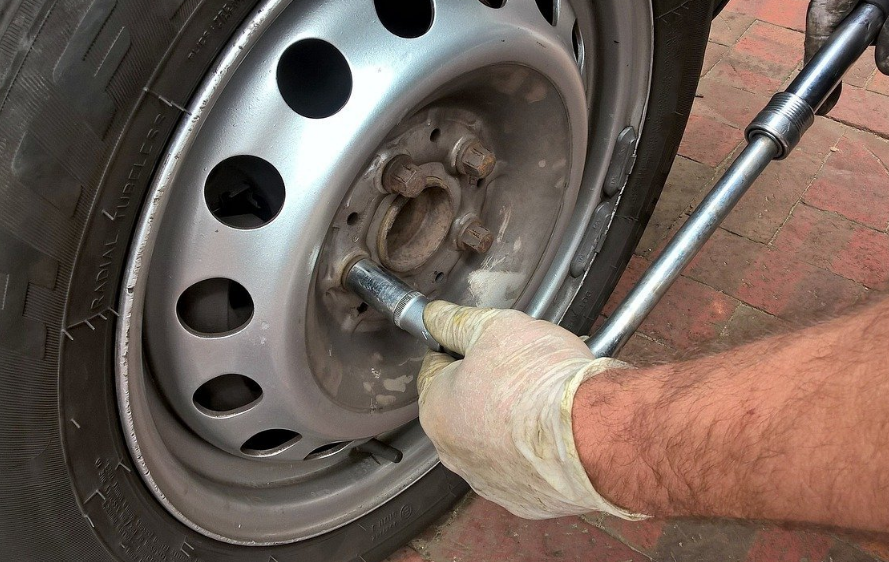Welcome to Sino Bearings web
24x7 HOTLINE:+86-28-81454188

 TECHNOLOGY
TECHNOLOGY
Thankfully, it’s easy to diagnose and replace worn wheel bearings well before they reach the point of total failure. In this guide, we’ll describe the symptoms of a worn-out wheel bearing so that you can make the necessary repairs.
Signs Of A Faulty Wheel Bearing
1. Strange Noises
A wheel bearing consists of a set of rotating rings with tiny ball bearings between them so they can rotate freely. As you might imagine, this produces a lot of friction, so the inside of the bearing is packed with grease to keep things moving smoothly. If this grease leaks or has degraded, the ball bearings will grind together, producing excess heat and additional stress that damages them over time.
This most often happens when the bearing’s seal wears out, resulting in unusual noises. Typically, there’s a growling or an intermittent squeaking as the wheel bearings rub together. The sound can also change depending on what speed you’re driving.
2. Uneven Tire Wear
When wheel bearings wear out, they develop a looser fit inside the housing, causing your wheels to wobble back and forth while driving. Also known as “bearing play,” this phenomenon is very subtle, and you won’t feel it in your steering wheel – at least not at first.
However, it can be readily apparent when you inspect your tire tread. If the tire tread is worn more on one side than the other, your wheel bearings may be at fault. You should visit a mechanic to ascertain this since it can also indicate improper wheel alignment or balancing.
3. Pulling To One Side
When your wheel bearings are in good condition, your car’s handling should feel tight and responsive. If your vehicle tends to drift to one side or stops feeling responsive, your wheel bearings could be at fault.
You’ll need to visit a mechanic if you’re experiencing steering drift. All sorts of factors can impact your vehicle’s steering, and a mechanic can get to the root of the problem.
4. Other Steering Issues
When bearings deteriorate further, it will eventually get to the point that you can feel a wobble in your steering wheel caused by corroded bearings that have developed a lot of play. This wobble can get progressively worse as you accelerate. When experiencing that kind of wobble, your wheel bearings are almost always to blame.
5. Braking Issues
Degraded bearings don’t just cause problems when accelerating; they will also show distinct symptoms when you’re coming to a stop. When the wheel bearings wobble badly enough, they can damage the wheel hub assembly, worsening the wobble.
When this happens, the brakes may come in and out of contact with the rotors. This makes them pulse when you’re braking, causing uneven wear on your brake pads or even causing your ABS light to come on. These are signs of excessive bearing play.